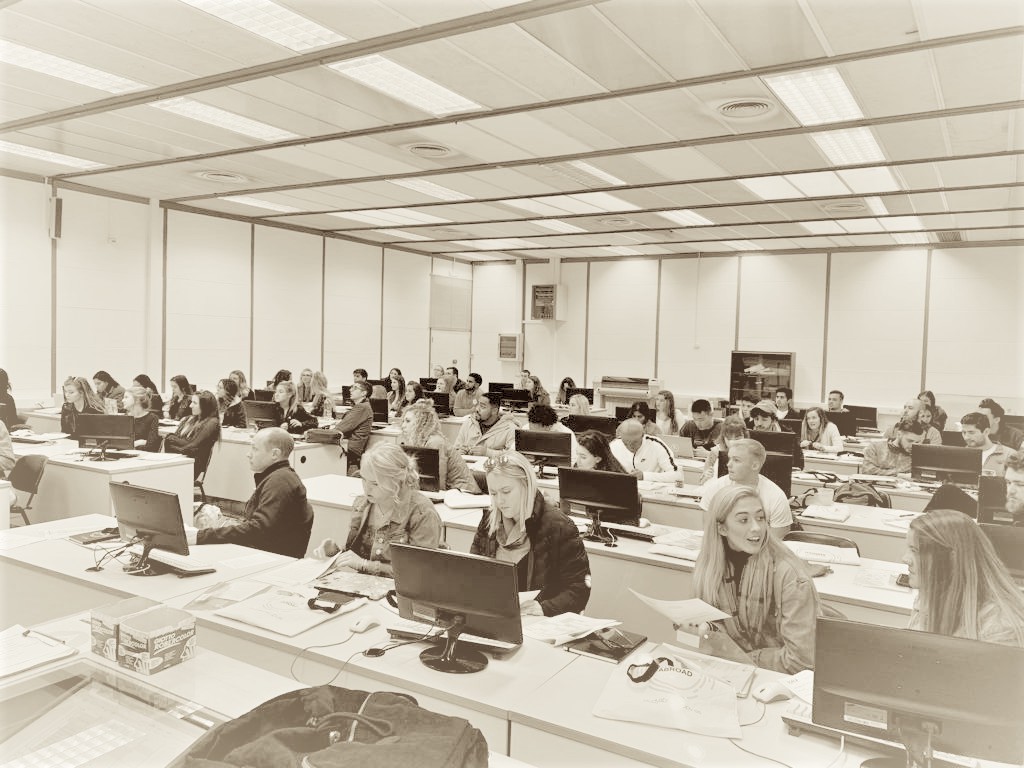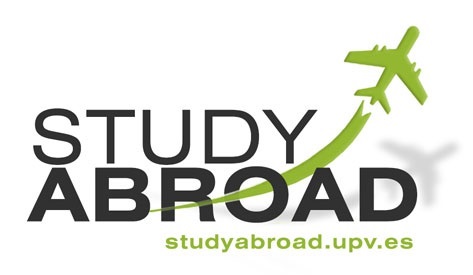
|
|

• Attendance
• Assessments
• Sexual Harassment Policy
• Students With Disabilities
• Academic Honesty Policy
• University Ombudsman
• Statement On Audio And Video Recording
• Syllabus Change Policy
Organic Chemistry Lab II
1 Credits | 200 Level | 20 Contact hours
This course provides the laboratory component to accompany Organic Chemistry II. This lab course is designed to introduce students who are not chemistry majors to the methods, equipment, instrumentation, and techniques used in the chemistry laboratory. Thus, a large part
of this spring term we will focus on synthetic reactions, identification, and characterization of organic molecules. The laboratory and instrumental techniques introduced in this course are the same techniques used for synthesizing and characterizing chemicals in research, as well as in pharmaceutical and fine chemical laboratories throughout the world. These techniques can also be applied in many of the multidisciplinary synthetic fields that are currently at the forefront of scientific exploration.
1 Laboratory Security. Polimerization Reactions
(Condensation & addition)
2 Dehydration & Destillation
3 Soxhlet extraction with heating mantle
4 Sterification & reflux
5 Qualitative Organic Analysis. 1H & 13C NMR
Spectroscopy
Upon successful completion of this course, students will be able to:
• Set up, use, and monitor apparatuses for the heating, reflux, and distillation of reaction
mixtures.
• Synthesize organic chemical compounds.
• Isolate the product or products of a chemical reaction from the starting reagents, solvent,
and reaction byproducts.
• Determine structural details of organic molecules using data from nuclear magnetic
resonance (NMR) spectroscopy.
• Analyze and interpret experimental results.
• Collaborate with your lab bench classmate, in problem-solving and discussion of concepts
and gain awareness of the benefits of teamwork
Pre-Lab Preparation 30%
Class performance 10%
Post-Lab questions +data analysis 40%
Final Exam 20%
|
